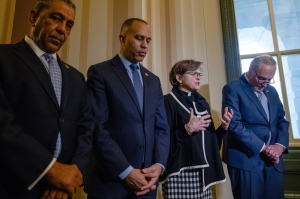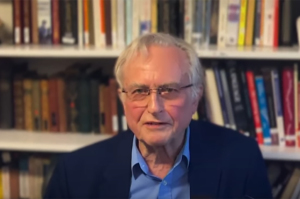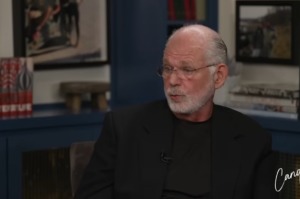PCUSA Special Committee Advocates for More Racial Diversity in Clergy Ordination Process
A Presbyterian Church (USA) special committee has recommended that the denomination look to add more racial and ethnic diversity to its process for clerical ordination.
The PC (USA) General Assembly special committee filed its interim report late last month and included recommendations for the "Standard Ordination Examinations" clergy candidates undergo.
"That presbyteries be encouraged to broaden the pool of readers of the exams to be more representative of the diversity of the PC (USA) and to include more representation from racial/ethnic persons," recommends the report.
"Further that the General Assembly Nominating Committee be directed to increase the number of racial/ethnic nominees to the Presbyteries' Cooperative Committee on Examinations for Candidates [PCC] who are presented to the General Assembly for election."
The Reverend Dr. Timothy B. Cargal, coordinator for the Preparation for Ministry, the Office of the General Assembly, told The Christian Post that the committee's efforts derived from an action by the PC (USA)'s 220th General Assembly, held last year.
"Both the original overture and responses to it at the General Assembly expressed concern that the ministry setting scenarios that form the core of the standard examination questions may not reflect the cultural diversity of congregational ministry within the PC(USA)," said Cargal.
"The special committee concluded that the efforts already undertaken by the PCC to broaden the ministry situations reflected in the exam questions could be further enhanced by having individuals on the PCC who could extend its current diversity of background and life experience."
Cargal also told CP that if enacted these efforts to further diversify the PCC would affect "one very specific part of the overall preparation for ministry process, namely the standard ordination examinations."
"That being acknowledged, the development of the examinations is influenced by the range of experiences that the ruling and teaching elders on the PCC have had in the church or that have been shared with them by colleagues in ministry," said Cargal.
"Having a broader range of cultural experiences within the church can help the exam scenarios reflect the diverse realities of the PC(USA) that will be encountered by all those who join in its ministries as pastoral leaders."
The interim report is open for comments until next January 10, 2014, and must be finalized by Saint Valentine's Day, 2014.
When asked by CP as to how practical such an expansion of racial and ethnic diversity was for PCC, Cargal responded that the report does not "include specific representational goals."
"Rather, it wants continue to increase the diversity and the level of cultural proficiencies both among the committee members individually and the committee itself in the aggregate," said Cargal.
"Additionally, the special committee acknowledges within its interim report that the process for populating the PCC (with half its members elected by regional groupings of the readers who evaluate the standard examinations) sets some practical limits with regard to the contribution the General Assembly can directly make to the PCC¹s membership."
Consisting of commissioners from each of its 173 presbyteries or regional bodies, the 221st PC (USA) General Assembly will take place in Detroit, Mich., from June 14-21, 2014.





























